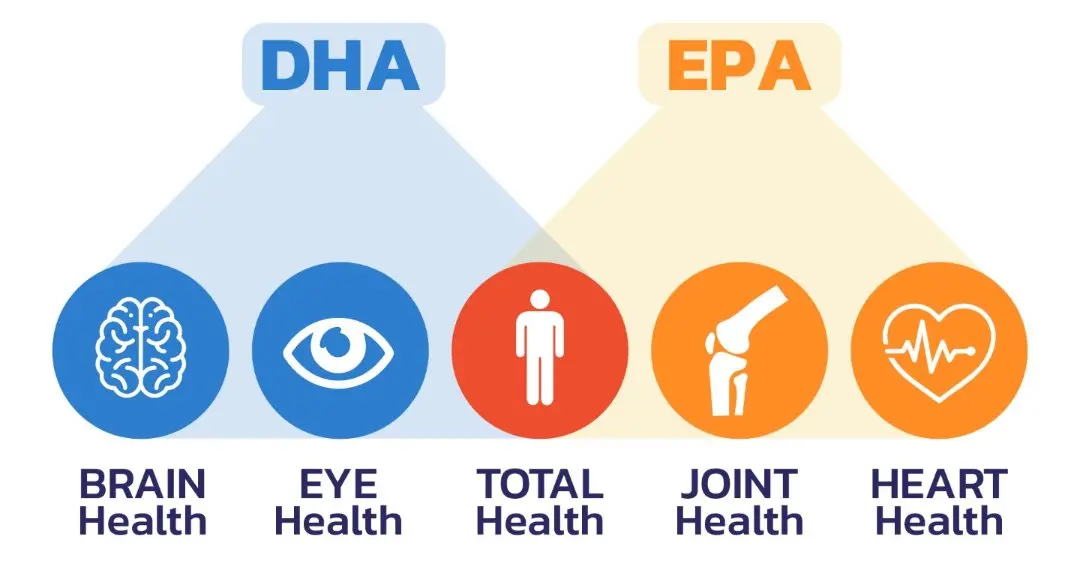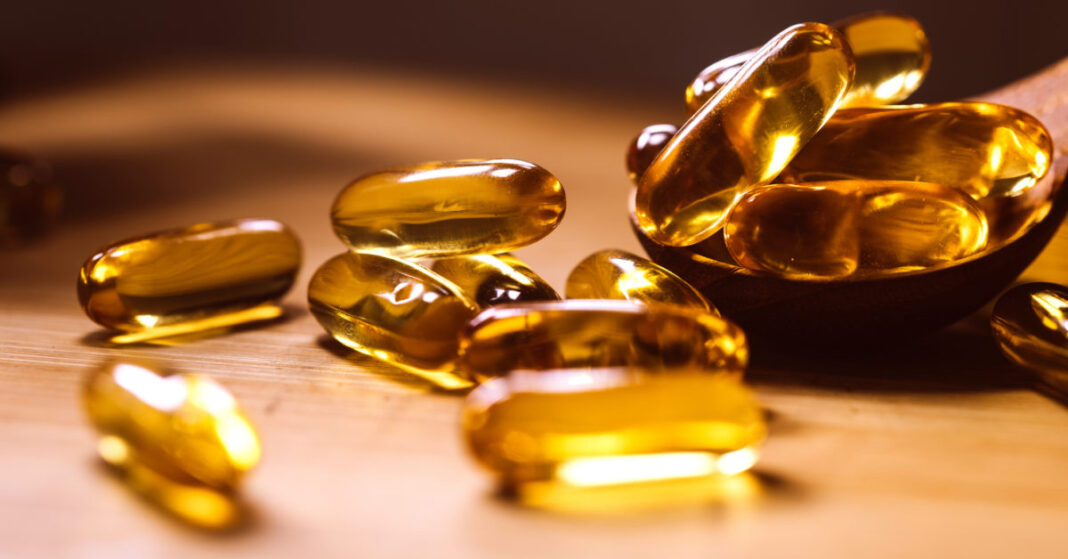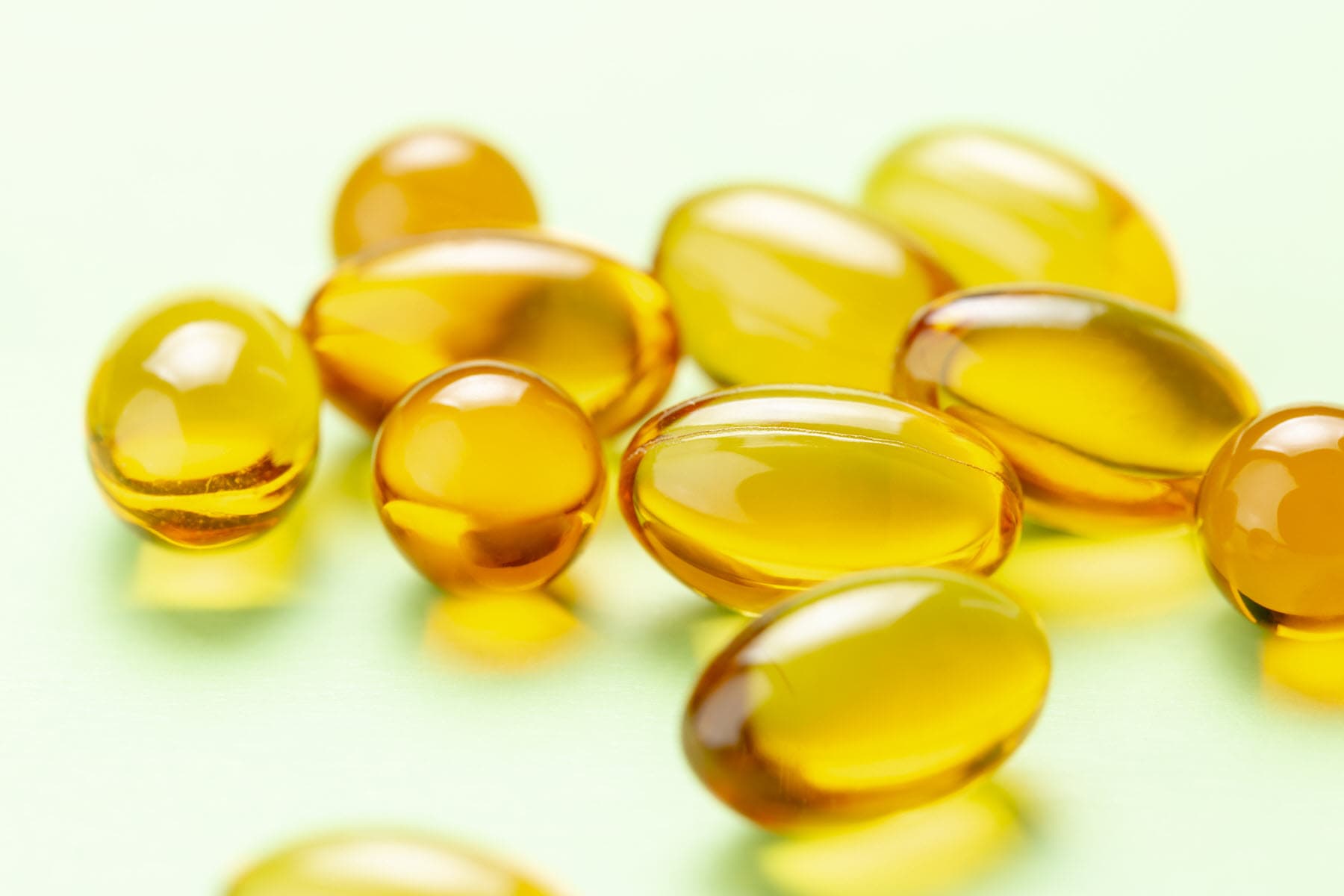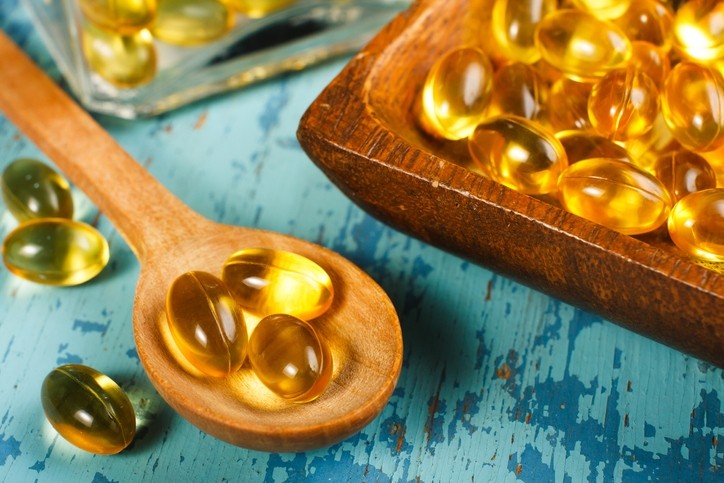DHA and EPA Benefits
DHA and EPA are acronyms for Docosahexaenoic acid and Eicosapentaenoic acid. They are both fish oil supplements. Our bodies do not produce these nutrients, so we need to consume them from other sources.
These fatty acids are necessary, from improving your internal health to having beautiful skin on the outside because of their many benefits. Read on to find out!
What are DHA and EPA, and why are they important?
DHA and EPA are omega 3 fatty acids found in many kinds of fish and shellfish. They are essential because they help fight against chronic diseases and improve our overall health.
These fatty acids are obtained from fatty fish, but the fish do not produce these nutrients. The fishes consume algae which are the source, and humans, in turn, consume the fishes.
These nutrients are required for healthy aging, weight management, and proper functioning of the heart.
DHA is the most abundant omega 3 fatty acids available.

What are the benefits of DHA and EPA?
Apart from just being an additional source of nutrients, DHA and EPA have many health benefits.
Reduced Risk of Heart Diseases:
One major cause of many diseases is inflammation due to unhealthy fats present in the body.
When you consume DHA and EPA regularly, they lower the amount of fat entering the blood. They prevent blood clots and inflammation. Thus, omega 3 fatty acids greatly reduce the risk of heart diseases.
Fights Eye Problems and Protects Vision:
Nutrients that support the vision are found in DHA and EPA. They help reduce pressure in the eyes by removing additional fluids.
You can reverse conditions such as dry eyes by adding these nutrients to your diet. These are fatty acids that keep your eyes healthy.
They are also an important supplement to consume during pregnancy so that the baby can develop healthy eyes.
Improved Brain Function:
DHA and EPA help improve blood flow. They ease the stress on the brain during mental activities and positively affect memory.
Infants and children need enough omega 3 fatty acids for a healthy brain. Getting a sufficient amount of these omega acids in the first years of life also reduces the risks of many diseases.
Better Mental Health:
DHA and EPA help improve mental health and mood conditions. They bring down the number of mental illnesses such as depression, postpartum mood disorders, and other brain issues.
These fatty acids allow consumers to de-stress by increasing serotonin levels, resulting in a better mood.
Stronger Immunity:
These fats boost immunity by enhancing the function of immune cells. They fight against infectious diseases and are also a safe bet against COVID-19.
Provides Long-lasting Stamina:
DHA and EPA are stored as a source of energy, and your body uses the stored energy in the long run. As such, these fatty acids become an essential food choice for athletes.
DHA and EPA provide athletes with the stamina they need. They also help reduce muscle pain and stress events.
Better Functioning of The Nervous System:
Omega 3 fatty acids are necessary for the good performance of nerve cells in the body.
DHA and EPA are collectively responsible for improving the transmission of nerve signals in your body. They facilitate a good relationship between the brain and other body parts.
Improves Skin Elasticity and Prevents Aging:
The collagen present in these fatty acids helps in improving skin elasticity. They thus, prove to be an anti-aging agent because they influence skin health. DHA and EPA also help fight acne, resulting in clear and glowing skin.
Reduces Hair Loss and Facilitates Hair Regrowth:
DHA and EPA are both responsible for healthy hair growth. The oils in these nutrients strengthen and prevent hair loss. They also promote healthy hair regrowth by opening up the hair follicles.
Symptoms of DHA and EPA deficiency
People who do not consume seafood regularly or take supplements are at a higher risk of suffering from this deficiency.
If you are anxious about how DHA and EPA deficiency can affect your overall health, these symptoms will help you identify the cause.
- Eye diseases such as cataracts, dry eyes, and macular degeneration.
- Skin irritation and dryness.
- Deterioration in mental health.
- Joint pain.
- Hair loss or dryness.
Where can you get DHA and EPA?
The human body can only produce small amounts of DHA and EPA, so you must obtain the rest from your diet. This is why a healthy diet becomes essential. Both the fatty acids are only found in cold-water oily fish, so a diet with adequate seafood is recommended.
To get enough of these nutrients, you should consume fatty fish regularly; three servings is the minimum amount for a healthy diet.
Salmon, sardines, oysters are good sources of these omega 3 fatty acids. It is recommended that you consume these fatty acids with a meal containing fats to make absorption easier.
Dietary supplements are another way of including DHA and EPA in your diet. Fish oil supplements are a good option and can reduce inflammation and many harmful diseases.
Are supplements better than natural sources of DHA and EPA?
Supplements can in no way replace natural food. However, you must balance out your nutrition intake by considering the circumstances around you.
You can use supplements if high-quality natural sources aren’t available. Also, make use of such supplements if you have specific target nutrition. However, the best course you can take is to look for a natural source for healthier eating.
DHA and EPA are safe supplements for a healthy life, and including them in our diet will show promising results. It is hard to say no to such a necessary supplement that improves the eyes, brain, hair, and heart.
You now know which supplements you need to include in your diet. So, the next time you look for some, you won’t be confused about which to buy.
In addition to taking supplements regularly, it is also important that you include natural sources of DHA and EPA in your diet. Fatty fishes and oysters should now appear in your diet now and then.




